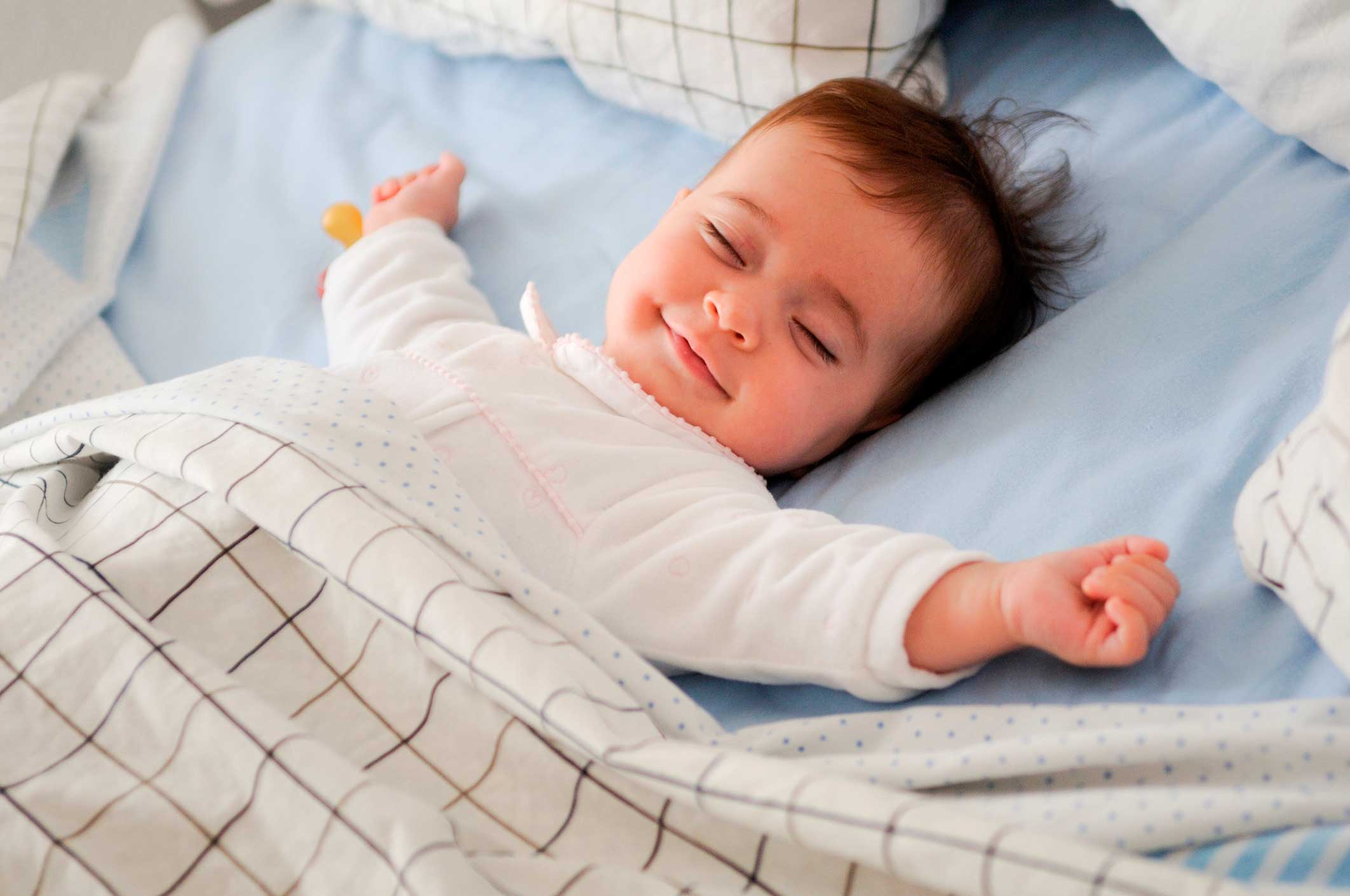Wake up, sleepyheads. While you were snoozing, we risked some serious sleep deprivation to compile this list about our natural state of rest, when the nervous system slows, our postural muscles relax and our eyes close. . . .
- Adults need between seven and nine hours of sleep nightly to be their usual effervescent selves. If you’re skimping on sleep — maybe five hours a night during the week — and compensating by sleeping in on the weekend, it’s not going to work long-term. Here’s why inadequate sleep dulls your reaction time and makes you less alert: Adenosine, a sleep-regulating substance, accumulates in your blood when you’re awake but is broken down by your body when asleep. When you don’t sleep enough, the elevated levels of adenosine make you feel tired and more vulnerable to mistakes, especially when driving.
- How much does lack of sleep affect your performance? If you go 17 hours without sleep, it’s equivalent to a blood alcohol level of .05 percent. Twenty-one hours without sleep is equal to a blood alcohol level of .08 percent. (In Connecticut, a driver with an actual blood alcohol level of .08 is considered legally intoxicated.)
- Children sleep longer, and fall asleep faster, when they go to bed before 9 p.m.
- The first CPAP machines, which treat sleep apnea, were made from vacuum cleaner parts by Collin Sullivan, an Australian respiratory doctor. (Technology update: The latest treatment for sleep apnea uses an implantable device, perhaps inspired by the pacemaker. Read about it here.)
- People, on average, have about 1,460 dreams a year (or four a night).
- Inventions/ideas inspired by dreams:
Google: Larry Page.
Sewing machine: Elias Howe.
“Yesterday” melody: Paul McCartney.
Speed of light: Albert Einstein.
Infinite series for Pi: Srinivasa Ramanujan.
- Your doctor will not diagnose you with insomnia unless your sleep difficulties cause fatigue, mood changes, irritability, reduced concentration levels or other impairment.
- You’re in bed, awake with your eyes open, but can’t move. What’s happening? You’re among the 40 percent of the population that has experienced sleep paralysis. Fortunately, the condition lasts only a few seconds or, at most, minutes.
- The most sleep-deprived night of 2016? Election night. United States adults, who usually sleep 8 hours, 16 minutes during the week, slept an average of 7 hours, 51 minutes the night Donald Trump beat Hillary Clinton in the presidential election. (Figures provided by biometric sleep data from Sleep Number’s SleepIQ technology.)
- Older adults do not need much less sleep than younger adults. It only seems that way because older adults tend to take naps. The National Sleep Foundation recommends 7-9 hours a night for young adults (18 to 25 years old) and adults (26 to 64), with 7-8 hours for older adults (65 and up).
- Can’t get out of bed in the morning? This is a condition with a name, dysania, an anxiety disorder treated with medication (serotonin), lifestyle changes (exercise and diet) or psychological counseling.
- Almost every sleeper snores at some point.
- The top snoozers in the animal kingdom (hours per day):
Brown Bat: 19.9
Giant Armadillo 18.1
North American Opossum: 18
Python: 18
Owl Monkey: 17
Also:
Human Infant: 16
Squirrel: 14.9
Rat: 12.6
Cat: 12.1
Mouse: 12.1
Rabbit: 11.4
Duck: 10.8
Dog: 10.6
- We naturally feel most tired twice a day, at 2 p.m. and 2 a.m.
- People can take quickie naps with their eyes open, even if they don’t know it. (This explains a lot.)
- If dirty water appears in your dream, it could be the unconscious mind’s way of saying you are not healthy.
- Deaf people sometimes use sign language during sleep.
- The ideal room temperature for quality sleep is between 60 and 67 degrees.
- Humans spend about a third of their lives asleep.
- The record for longest time without sleep is 11 days, 24 minutes, set in 1964 by a California student, Randy Gardner. After only two days without sleep, he had a hard time keeping his eyes focused and repeating simple tongue-twisters. He also struggled to identify objects based on touch. Ultimately, the effects of sleep deprivation were so serious that the Guinness Book of Records discouraged potential record-breakers by no longer acknowledging the category.
- Only 12 percent of people dream entirely in black and white. (Blame it on the popularization of color televisions.)
- In National Sleep Foundation poll, 78 percent or respondents said they are more excited to go to bed on sheets with a fresh scent. People (73 percent) also expect a more comfortable night’s sleep on fresh-scent sheets.
- Not surprisingly, you don’t burn a lot of calories when sleeping. Example: A 160-pound person burns 69 calories an hour, or 552 during an eight-hour sleep session. (Watching TV burns almost 73 calories an hour.)
- Once a night owl (or early bird), always a night owl (or early bird). Scientists in 2013 discovered proteins in our cells that prohibit dramatic changes to our body clock, also known as the circadian clock.
For more information on sleep disorders, click here.

